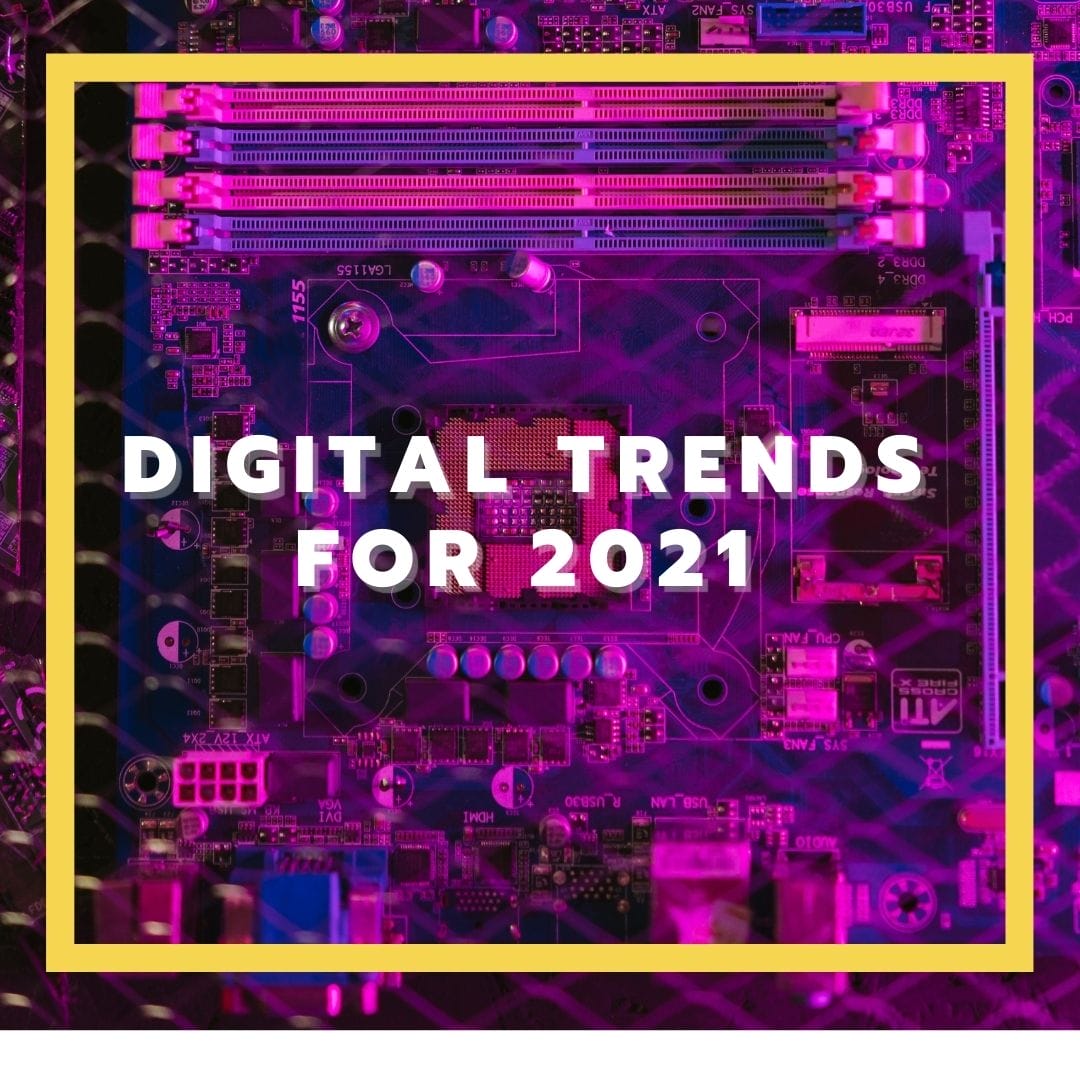
Adapt or Die: E-commerce is Moving at an Extremely Rapid Pace
Source: The Job Network
In a world where people can shop at the touch of a finger and you can receive items within a day, it’s no surprise that there has been a surge in online marketplace popularity.
In the UK alone, the online market continues to grow strongly, changing retail both on and offline.
Ahead of The DADI Awards 2019, we speak to Lawrence Jones, founder and chief executive officer of UKFast – a partner of the awards – on the top online marketplace trends, why businesses should build their own online marketplace, top e-commerce tips and the emerging technologies for SMEs.
There has been a recent surge in online marketplace popularity. What is driving this growth? What are the top trends?
We live in a world where we can access anything and everything in an instant. Naturally that means that convenience is one of the main drivers. When you go into a marketplace as a consumer, you’ve got everything you want in there: from nappies for your child all the way through to a tennis racket. Plus, they’ve already got your shipping addresses and payment details. It’s frictionless.
So, it’s about having everything in one place in one neat package, somewhere you can trust.
Marketplaces are where the consumers are going, perhaps because these marketplaces are doing a better job at becoming really personal with their customers. Good marketplaces know your size and your colour preferences, they know all of this information before you’ve even navigated anywhere on the page. It’s guiding you to give you what you want, sometimes before you know that you want it yourself.
Why should businesses build their own online marketplace, especially in the face of the increasing dominance of juggernaut platforms such as eBay, GroupOn and Amazon?
If you’re going to sell on an Amazon or an eBay you’ve got to deal with their fees, but more importantly, they’re also collecting all the data from the products you’re selling to make informed decisions for their own private labels. You then face the risk of them then building their own products to compete with yours.
For example, let’s say you’re selling kettles on one of the big marketplaces. They know what type of kettle is the best-selling, they’ll create a similar kettle with their brand on it. They’ll gain more margin out of it and then they’ll sell to your customers. Being at the mercy of another platform squeezes you by price, it squeezes you by volume of sales and squeezes you on fees on top.
A company I’m closely involved with, Mercarto, helps people to become the Amazon of their industry. The enterprise side of Mercarto facilitates businesses to build their own custom marketplace, so they don’t have to rely on the established marketplaces.
The e-commerce industry is expected to make $4.5trn in sales in 2021, with 2.41 billion people shopping online. It’s obviously critical to be one step ahead of your competitors to become a market leader. What are your top tips?
It’s really simple: adapt or die. e-commerce is moving at a pace that even the experts don’t know where it’s going to end up tomorrow, let alone in the next few years. With that in mind, you need to be working with technologies that allows you to be dynamic and a mind-set to adapt to change whenever change throws itself in front of you.
From augmented reality to cryptocurrency, there are lots of buzzwords in tech. So how they can be best applied by small enterprises? What are the top emerging technologies for small business owners?
The tech you should focus on will vary depending on how you deliver your products and services. Remove the approach of wanting to use specific technologies because they’re trending and focus first on how tech can improve your customer experience. Work with tech that makes your business work more effectively for your customers, rather than following trends, and you’ll be in a good position.
When planning the long-term strategy for your e-commerce business, what should growing businesses be looking for when investing in the best marketplace technology to enhance user experience?
When you invest into a marketplace technology, you have to ask if you’re locking yourself into that one piece of technology. With Mercarto, for example, people can take the entire marketplace offering as a whole, but they can also take blocks of it and integrate that with different systems and technologies.
If you work with a platform that locks you in, and then that platform fails to adapt to change, or hasn’t been built on scalable technologies, you’re going to be stuck there and probably spending a lot more money to do the things you need to do. If you haven’t got an adaptable solution you’re going to be playing catch-up.
Originally posted by Danielle Gibson
If you found this post interesting, you might enjoy reading this blog too
Follow us on our LinkedIn and Twitter to stay up to date with the latest news in the digital data-driven ecosystem
Digital analytics, optimisation, data science or programmatic expert, and looking for a job?
Digital agency looking to expand your team with top-tier talent?
Get in contact with us!





